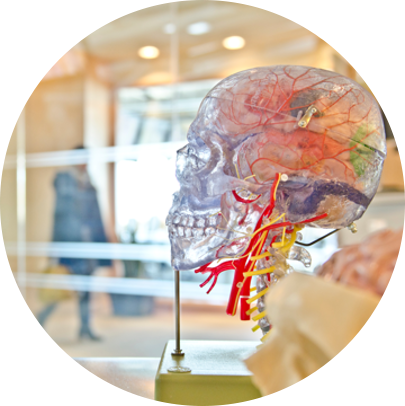Want to improve students' study strategies? Do this first.
/How often do students come to you and exclaim, "But I studied for hours!" Of course, we don't want to see our students study for hours on end, only to forget everything or fail a test. They don't want to get stuck in this cycle, either.
How can we help students improve their study habits? Before you give them strategies, there's one thing you have to do first: have a conversation.
Read on for three vital questions to ask students before diving into study strategies. You – and your students – will be surprised by the conversation.
Want to Improve Students’ Study Strategies? Have a Conversation First!
We know that students don't study effectively. Plenty of research confirms that students cram, re-read, and highlight. Research also demonstrates that students can study less and learn more with retrieval practice, spacing, interleaving, and metacognition.
How can we help? Calendars and study plans are good, but telling or showing students how to use effective strategies is like driving a car that accelerates from 0 to 70 mph – in 60 seconds flat.
Slow down! Ask students these three simple questions:
How do you study?
Why do you study this way?
Does it work?
Your students will be mystified! Many students have never reflected on their study habits before and even fewer have been taught how to study effectively.
Share some of your own study experiences, too! Chances are you crammed at some point in your life. You should also tell your students they aren't alone – students from K-12 to college and medical school use the same ineffective strategies and get the same frustrating results.
What next? Check out our strategy called Retrieve-Taking to model effective study strategies in class before students try them on their own. Check out the Learning Scientists and this superb guide by cognitive scientists, too.
What's the most powerful strategy to improve students' study habits? It's the opportunity to have a conversation about how they study – first.













